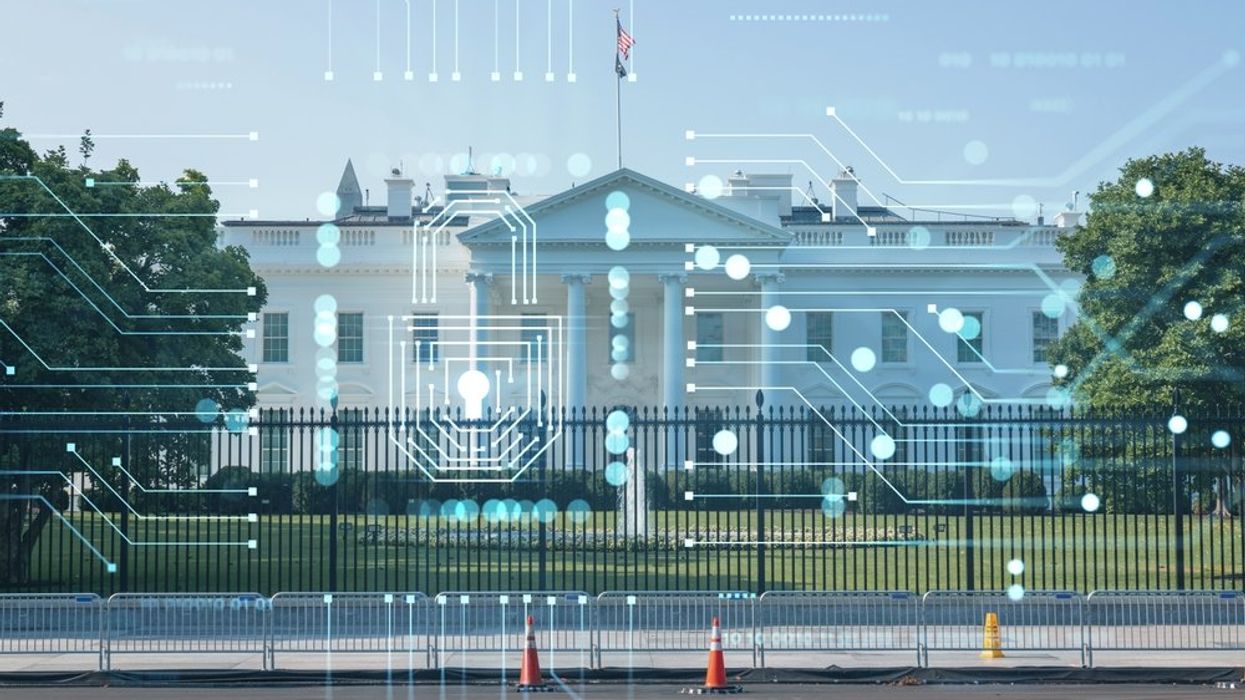To address concerns about rapidly evolving artificial intelligence, the White House formed an agreement with big tech to ensure responsible development of AI technologies.
The series of commitments, which outlines principles of "safety, security, and trust," has been adopted by seven leading AI companies – Amazon, Anthropic, Google, Inflection, Meta, Microsoft, and OpenAI.
To earn the public's trust, the companies pledged increased transparency, with goals to develop "robust technical mechanisms" that identify and label AI generated content, and a promise to report the capabilities of their AI systems. They also committed to researching and addressing the potential societal harms of AI, like breaches of privacy and discrimination.
The tech giants made a broad promise to develop AI systems that contribute to the betterment of society. But workers across industries have growing fears of being replaced by AI, and those concerns were left out. Previously, a joint economic study by the White House and the European Commission expressed concerns that AI development will severely disrupt the labor market, replacing workers that were once considered irreplaceable.
"AI is a fast-evolving technology with great potential to make workers more productive, to make firms more efficient, and to spur innovations in new products and services," the economic study said. "At the same time, AI can also be used to automate existing jobs and exacerbate inequality, and it can lead to discrimination against workers."
OpenAI's Mission Charter has assumed the inevitability of job replacement, forecasting artificial general intelligence (AGI), which will "outperform humans at most economically valuable work." Though they have committed to ensuring that AGI will benefit humanity, their current products ChatGPT and DALL-E 2 have instilled fear in professionals across industries.
The data shows that AI is already accounting for thousands of lost jobs. A recent report by career firm Challenger, Gray & Christmas estimated that AI was the main cause for 5 percent of jobs lost in May, and a Goldman Sachs study predicted that 20 percent of jobs in the U.S. will be replaced by AI.
Goldman Sachs researchers suggested that automation-related job losses will be offset by the creation of new jobs, but the timing of that, they said, is "hard to predict."

















































